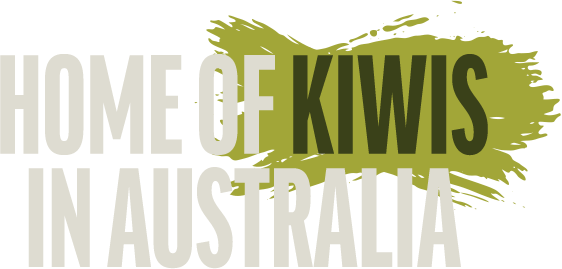
How Important is Your Resume Format?
With the unemployment rate at a considerable high, there are an overwhelming number of resumes landing on the desks of potential employers. If you’re after a role advertised through a recruitment agency or within a well known medium-to-large organisation, you’re going to want your resume to stand out.
We’re not talking about fancy fonts, colors, and images inserted throughout your resume.
Yes, it’s important to stand out, but it’s just as important that recruiters have a simple format to follow. You don’t want to make it hard for them.
Keywords and Applicant Tracking Systems
Due to the volume of resumes passing over desks, many recruiters are now using software, known as Applicant Tracking Systems (ATS) to deal with the workload. It’s a system that scans resumes, picking out keywords and deeming them worthy or otherwise.
Prettying up your format is going to put you in the ‘no’ pile before it’s even seen by a person. Keep your format simple, easily readable and most importantly able to be scanned by a machine. Ideally you want to use dot points, a clean format, black text on a white background in a traditional Word document.
Keywords are vital to get you ahead of the pack, but there are some catches. The ATS software will pick up on words and phrases you use in your resume to see if you are aligned and suitable for the role.
You’ll get an idea of what these keywords are by carefully reading the job advertisement. While it may be tempting to simply copy and paste key paragraphs into your document, it’s not such a clever idea. The ATS picks up the keywords, but it also tracks how many you’re using, to eliminate candidates who do the copy-paste trick.
You’re better off mixing up the keywords used in the advertisement with some synonyms, or a few dot points that tell the same story. Using the gist of the ad, focus on your key skills, your absolute best ones, as well as your education and experience. Change your language or sentence structure to incorporate these sought after words.
Use the career objectives, hobbies and interest sections only if they are going to add to the application. If you can’t include any keywords in there and they’re not specified as a requirement for the application, then leave them out. Career objectives may be relevant for some roles, but as a rule, they’re not.
Once you have a neat, clean resume, with a concise story of your education, experience and career to date, make sure you include a cover letter. Follow the same principles as your resume, where you tell your story based the information they have provided.
Don’t give them their own story back to them, with only some minor edits. Although it’s essentially software, tracking systems have the capacity to analyse copies and overuse of the keywords. It’ll be able to tell in an instant whether you’ve put some level of effort into it or whether you even read the job description at all.
Oh, and beware of any spelling mistakes!
Categories
- Accommodation
- Babies & children
- Child care & early learning in australia
- Community services
- Credit checks
- Driver’s licences in australia
- Education in australia
- Financial stuff
- Government benefits in australia
- Health
- Immigration & residency
- Insurance information
- Legal system of australia
- Marriage & relationships in australia
- Pensions – what you need to know
- Police clearances
- Responsible service of alcohol
- Superannuation – what you need to know
- Tax in aus
- Transporting your belongings to australia
- Utilities – getting connected
- What to bring with you
- Working with children checks





